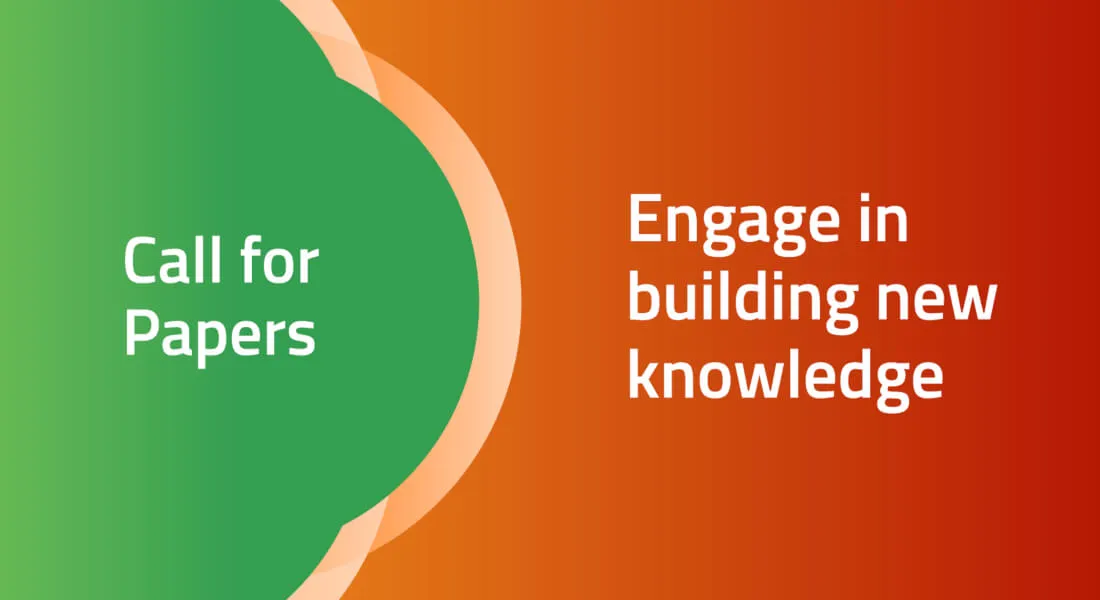
The Call for Papers Program
Financial access has expanded in recent years; however, significant barriers still remain. Digital financial inclusion necessitates global collaboration among various stakeholders within the field. With this in mind, the Interledger Foundation's call for papers grant program invited members of the global research community to expand on and build new knowledge on the societal, technological, and policy aspects of financial inclusion and interoperable payments.
For this call for proposals, we asked a group of diverse researchers to contribute to the growing body of knowledge surrounding financial inclusion. We requested abstracts that clearly demonstrate:
- Understanding Financial Inclusion: Definitions, measurement frameworks, case studies, rights-based approaches
- Key Actors and Incentives: Roles of financial institutions, intermediaries, community agents, and regulatory bodies
- Regulatory and Policy Dimensions: Financial regulation, data protection, consumer protection, competition, and compliance
- Technology and Interoperability: Cross-border standards, AI and disruptive technology, settlement and routing strategies
- Research involving studies exploring the Interledger Protocol or Open Payments Standard is particularly welcome.
A panel of distinguished experts, carefully selected for their expertise in digital finance and financial inclusion, will review each submission. The review process is rigorous and transparent, ensuring that all proposals are evaluated fairly and objectively. For the 2025 cycle, the panel includes:
- Dr. Andrew Mangle (Associate Professor, Bowie State University)
- Dr. Allan Davids (Director of the Financial Innovation Hub, University of Cape Town)
- Dr. Susan Thomas (Director, Google Health UK)
- Dr. Nicolo Zingales (Professor at FGV Law School)
- Dr. Yesha Yadav (Professor of Law, Associate Dean at Vanderbilt University Law School)
- Dr. Stephanie Perrin (Equality, Diversity and Inclusion Officer, The Agile Initiative)
- Smriti Parsheera (Research Fellow, Interledger Foundation)
The insights and research contributed by these individuals are not only essential but also transformative. They will bring forward the knowledge and perspectives needed to spotlight opportunities and inform solutions that make digital finance work for everyone. The potential impact of your research is significant, and we look forward to seeing how it can shape the future of digital financial inclusion and payment interoperability.
This year's cohort of proposals reflects the diversity and urgency of questions being asked around financial inclusion, open payments, and digital governance. From Africa to Asia to Latin America, researchers are exploring how infrastructure, technology, and social dynamics shape people's access to finance.
Chair, Chenai & Kehle, Chiedza (My Data Rights, Africa), are turning attention to the lived realities of immigrants in Gauteng, South Africa. Their study will examine three popular remittance platforms: Mukuru, Mama Money, and HelloPaisa.
To understand not only the value these services bring but also the implications of their data governance practices. Grounded in feminist and intersectional analysis, their research aims to illuminate how marginalized communities interact with digital finance in their daily lives.
Collender, Sophia (New York University), is looking at payment interoperability through the lens of mass transit. By comparing how cities structure their transit payment systems, Collender asks whether open protocols, such as the Interledger Protocol, could unlock both economic and physical mobility. As societies move toward cashless transactions, her research imagines a future where interoperable payment methods allow seamless access across multiple transit networks, including for unbanked and underbanked populations.
Nwaiwu, Chioma (Enhancing Financial Inclusion and Advancement in Nigeria), builds on prior survey data to focus on forcibly displaced persons in Nigeria. By mapping financial inclusion gaps across seven conflict-affected states, disaggregated by gender, income, and displacement status, her proposal highlights the vulnerabilities of displaced populations. It explores how open payments can help close these gaps.
Pizarro, Fernanda, an independent researcher from Chile, brings a regional perspective from the Magallanes area in southern Chile. Here, cross-border trade and community life are hampered by the absence of interoperable payment systems. Pizarro frames this not just as a technical shortcoming but as a political and territorial issue, asking whether the Interledger Protocol could provide a decentralized and low-cost public infrastructure layer in border regions.
Samdub, Mila & Kaushal, Tanushree (Open Future Foundation and University of Bern) are examining the promises and pitfalls of India's digital public infrastructure (DPI) as a pathway to financial inclusion. Their comparative approach examines DPI alongside alternatives, such as microfinance and public banking, while paying special attention to how trust, social ties, and institutional credibility influence financial access.
Shabbir, Muhammad (Path Finder Solutions; IGF Dynamic Coalition on Accessibility and Disability) addresses accessibility head-on by focusing on persons with visual disabilities in Pakistan. His proposal highlights the barriers faced by visually impaired users navigating the financial marketplace and seeks to influence how financial services can be made more inclusive for people with disabilities.
Finally, Wang, Wayne Wei (University of Hong Kong), brings a geopolitical dimension to the conversation. His research examines the informal use of China's digital yuan (e-CNY) in Africa, especially how traders and intermediaries adopt the currency in cross-border settings. By situating e-CNY within informal economies, Wang's study will contribute to debates about digital inclusion, interoperability, and shifts in currency power on the global stage.
Financial exclusion remains a pressing global challenge despite substantial advancements in digital finance. Worldwide, 1.4 billion people lack access to affordable, secure, and interoperable financial services, which hinders their economic participation and inclusion. In line with our global strategy for change, the Call for Papers Programme aims to enhance the Interledger Foundation's understanding of digital financial inclusion and payment interoperability.
Stay tuned for the research papers in 2026!